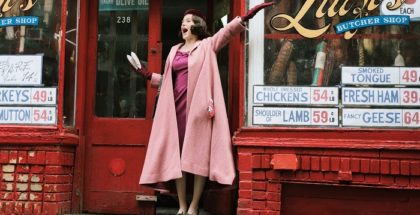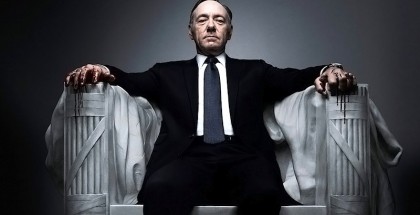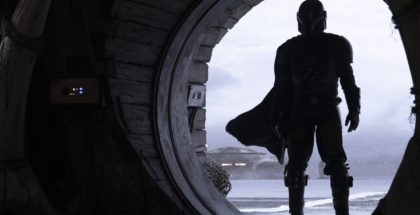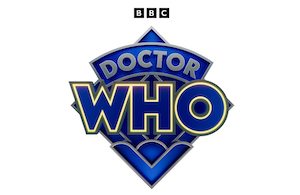True Crime Tuesdays: Under the Bridge
Review Overview
Superfluous storylines
7Teenage cruelty
10Performances
9Helen Archer | On 02, Jul 2024
True crime dramatisations can fall into many a trap. Some go by way of the sensationalist, in which victims of brutal crimes are an afterthought in the machinations of hard-hitting investigations, or in the dark psyche of the perpetrators. Others can seem overly ‘worthy’, portraying those affected as saintly, their suffering overtaking their identity. Under the Bridge is something of a rare beast of the genre, giving time and space in an attempt to humanise – and, perhaps, understand – everyone involved.
The eight-part series on Disney+ looks at the murder of Reena Virk (Vritika Gupta), a 14-year-old girl from Vancouver Island, BC – who, in 1997, was viciously beaten before being drowned by a group of youths, most of whom she considered her friends. Developed by Quinn Shephard in collaboration with the late Rebecca Godfrey – on whose 2005 book the series in based – it is, ultimately, the story of teenagers trying to find their individual identity while simultaneously attempting to fit in with their peers, and the toxicities that contradiction can entail.
The series starts as Becca (Riley Keough) returns to her hometown, in order to write a book about life as an adolescent girl on the island. Especially interested in a local care home for young people, she immediately befriends Josephine Brooks (Chloe Guidry), leader of a “girl gang” that includes Dusty (Aiyana Goodfellow), Kelly Ellard (Izzy G) and Reena – who has just gone missing. If the timing seems convenient, so too does Becca’s history with officer Cam Bentland (Lily Gladstone), who is pushing for more investigation into Reena’s disappearance.
As the story unfolds, the series cuts backwards in time, to the months leading up to the murder, and documents the way in which Reena became entwined with what law enforcement describes as the “Bic girls” – so-called because of their apparent disposability – and the effect it has on the relationship with her parents, played by Archie Punjabi and Ezra Faroque Khan. They themselves get a flashback sequence to their own meeting, and their involvement with the Jehovah’s Witnesses – making Reena an anomaly within an anomaly in the small, mainly white, Christian community.
If all this sounds like a lot to cover, that’s because it is – perhaps too much, even with eight episodes to play with. Cam’s story, of finding out about her origins while navigating her adoptive family’s prejudices, is slight and seems like something of an afterthought, while Becca’s choices as she tries to find out what happened the night of Reena’s murder are dubious at best. She, too, is navigating her own grief and guilt about her brother’s death before she left the island for New York, which bleeds into the present. Keough and Gladstone bring a gravitas to proceedings, with performances that occasionally outclass the script.
But it is in the story of the teenagers that the series excels. While never spelling out exactly what motivates their cruelty and callousness, their complexities, envy and insecurities are writ large throughout. The teenagers’ world is rendered with a specificity, but which nonetheless seems universal to those who grew up in that period, helped by a resonant soundtrack that includes everything from Mazzy Star to the Cocteau Twins, via Radiohead and Nirvana – though it is Biggie Smalls and his untimely death which the teenagers initially bond over.
Perhaps the series would have worked better without quite so many superfluous characters and storylines, but it is hard to begrudge it that when so much about it works. The sense of place, of time and of adolescence are drawn with an evocative brush, and it is a series which is hard to turn away from, despite its shortcomings. It takes its time in revealing its secrets, and is all the better for it.





















